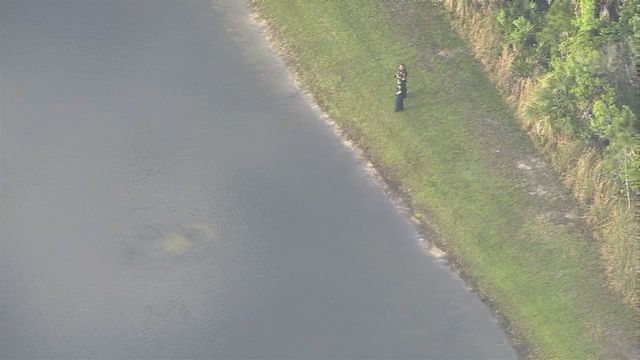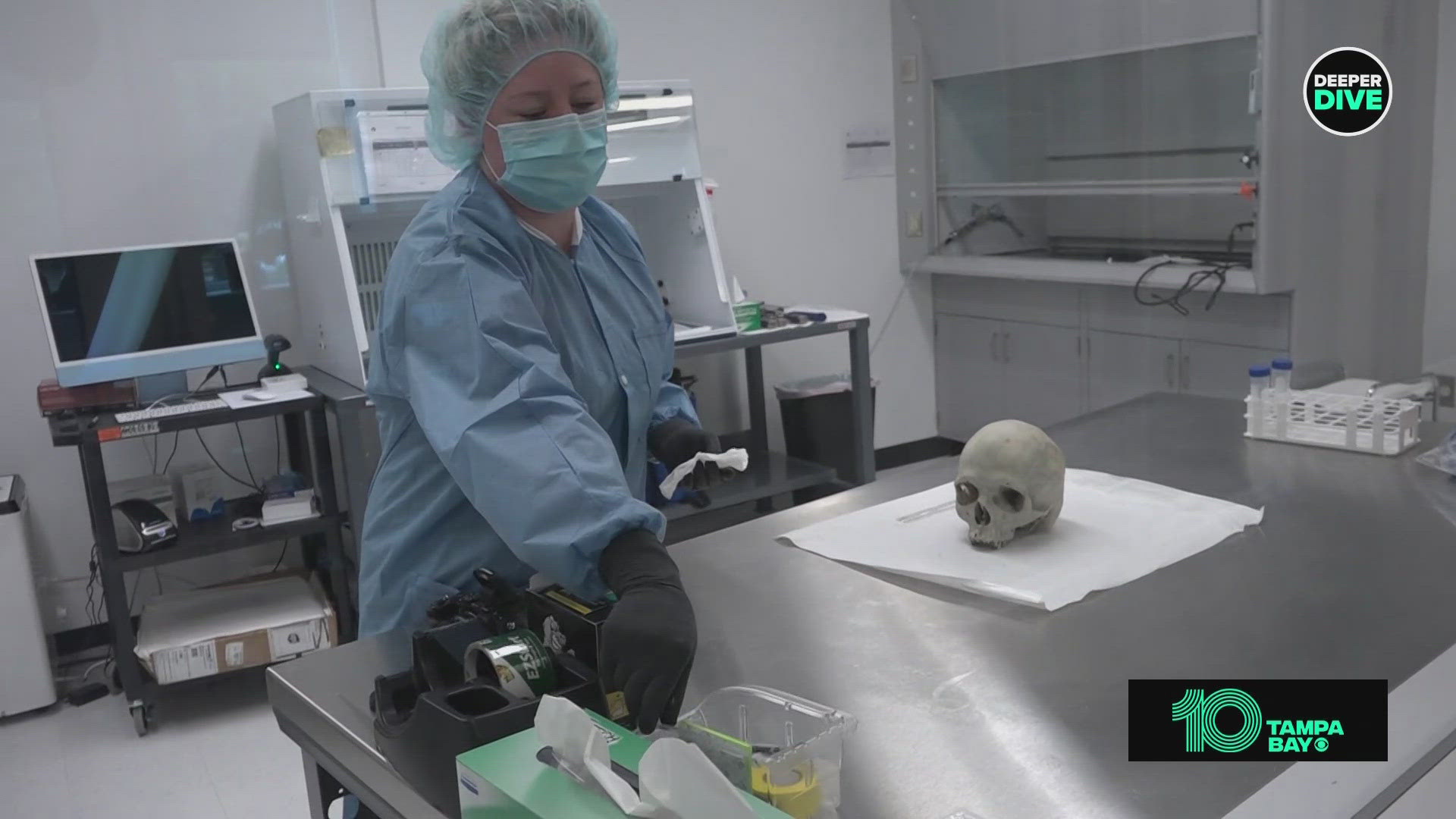You can't put a price tag on safety. That's the message Florida Department of Transportation leaders are stressing today as they get ready to spend at least $5 million installing barriers between the roads you rely on and the water.
It’s all part of a new law taking effect Friday, that is expected to save hundreds of lives. Every year, an average of 57 people die in Florida after running their cars off the road, crashing into water and drowning.
It's a dangerous problem and something is finally being done about it.
"Chloe's law" is named after a UCF student that died last summer when she crashed into a retention pond and drowned in Orlando. After Chloe Arenas’ death, a couple of Florida Senators started digging into the problem of people crashing into ponds and drowning and what they found shocked them: Nearly 500 people have died in similar crashes over the past 10 years in Florida.
“Chloe’s law” requires FDOT to look into every body of water where a fatal accident has occurred and evaluate if a barrier needs to be installed to separate drivers from ponds, lakes and canals.
FDOT is looking to make changes at the sites of fatal accidents spanning from 2006-2016.
They already have a list of 85 locations across the state that fall into that category, 35 of which may require barricades.
Just think how many times you pass water on your way to work, sometimes just feet from where you're driving.
Some people question if barriers are actually safer. The impact of crashing into a cable wire or a guardrail can be deadly, that's why starting today FDOT is looking one by one at every body of water where someone has died in a submerged car.
Yet, transportation leaders tell 10News you have to think about it like this: If someone hits a barrier, sure, that will jar the car; but when someone hits the water, within seconds the vehicle fills with water, the power windows stop working and the glass is nearly impossible to break. FDOT says it can be a "death trap" so keeping your car out of the water is safest.
Arena's family and friends pushed for the legislation that could save hundreds of lives. The legislation traveled quickly through the house and senate thanks to the community support and this staggering statistic: While Florida averages nearly 60 deaths a year from vehicle submersion, the next closest state, Texas, averages 18 deaths a year.
FDOT says the multi-million dollar price tag for the new barricades is already in their budget and this shouldn't take away from other planned projects.


